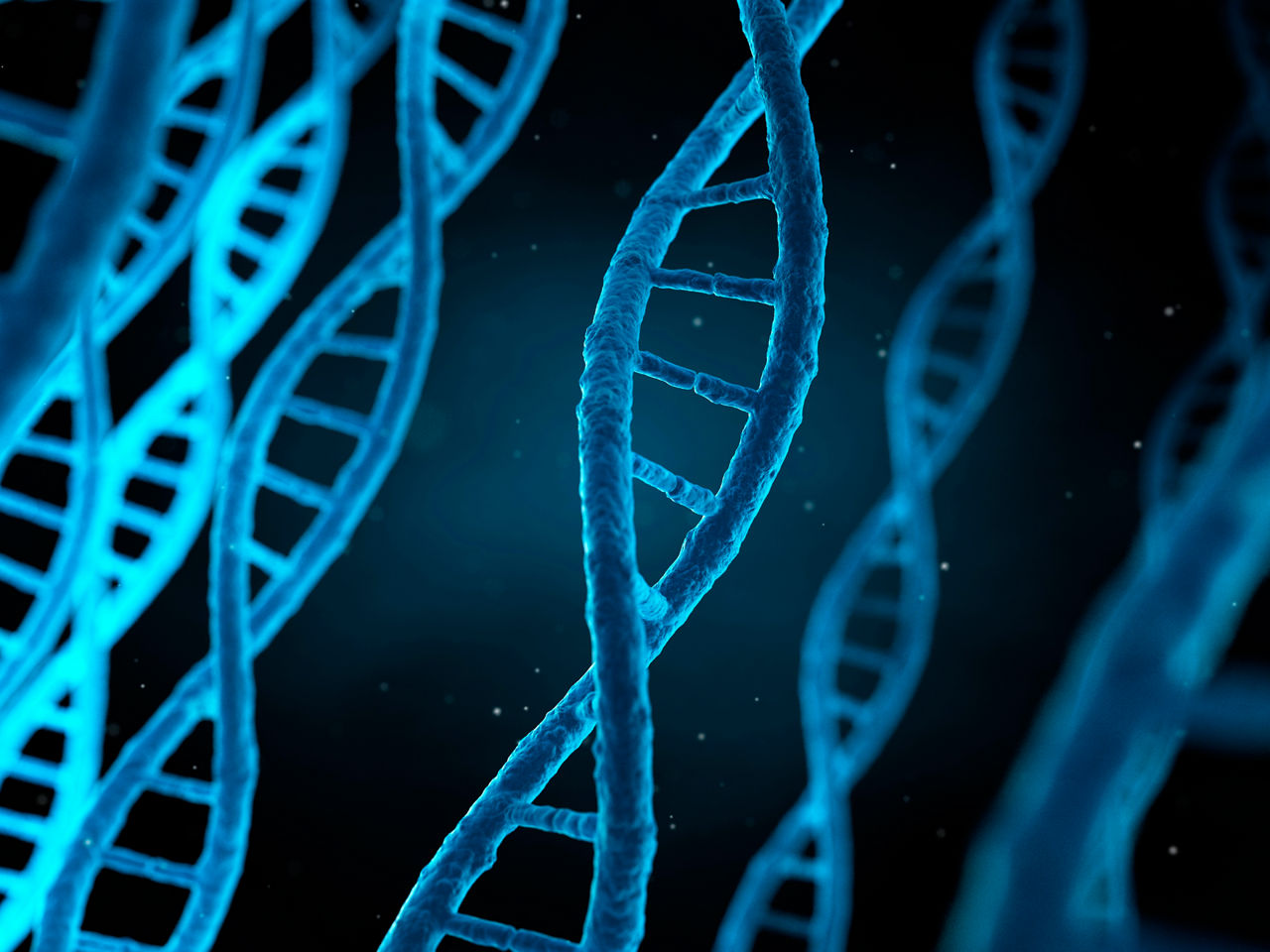-
Strategic scientific and regulatory teams designed to help optimize your genotoxicology study program
-
Manage all aspects of your genetic toxicology studies from concept through to data reporting and regulatory submission
-
High animal welfare standards ensure robust and reliable results every time
Consumer concern over the potential cancer risk posed by everyday chemicals is high. This is not surprising when new potential genotoxicity risks hit the news headlines on a regular basis. We understand the importance of characterizing your chemical’s genetic toxicology to satisfy regulators, reassure consumers and support market growth.
It can be hard to create the optimum plan for genetic toxicology testing
Each chemical is different with potential genotoxicity driven by basic physiochemistry. Understanding the link between physiochemistry and genotoxicity is essential for identifying the right genetic toxicology testing approach for your compound. It dictates studies, study design and influences your chemical’s regulatory journey. To get robust genetic toxicology information in a time and cost-efficient way you need to understand regulatory requirements to employ the right assays and run them in the best way.
Designing study programs that are right for you, your chemical and regulators
Whatever your need, we can help you to design a genotoxicology solution to suit you. From efficient program design to performing a single assay – we can help. A dedicated team of scientists with comprehensive experience in designing and executing genetic toxicology studies will be built around your needs. By taking a joined-up approach combining scientific and regulatory insight your needs are clearly assessed and addressed. We have an In excess of 1,000 in vitro Genetic Tox tests and more than 120 in vivo Genetic Tox assays are performed each year.
Conducting genetic toxicology tests to the highest standards
In vitro assays:
- OECD 471: Bacterial reverse mutation (Ames)
- OECD 473: In vitro mammalian chromosome aberration test
- OECD 487: In vitro micronucleus test (Human lymphocytes, L5178Y cells, TK6, CHO and V79 cells)
- OECD 490: In vitro mammalian cell gene mutation test MLA (L5178Y cells)
- OECD 476: In vitro mammalian cell gene mutation test – HPRT (L5178Y, CHO cells and V79 cells)
In vivo assays:
- OECD 474: Rodent Bone marrow micronucleus test
- OECD 489: Rodent Comet assay
- Chromosomic Aberration (OECD 475)
- Transgenic Rodent Assay (MutamouseTM) (OECD 488)
- Pig-a in vivo gene mutation assay

